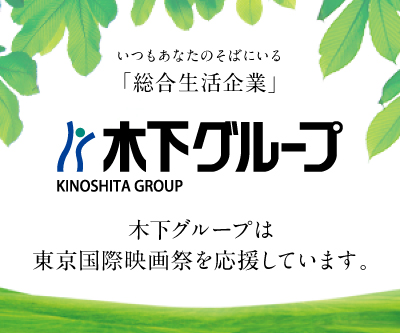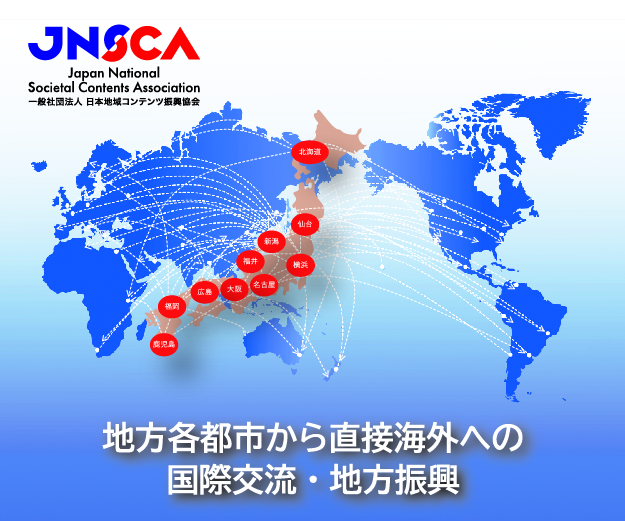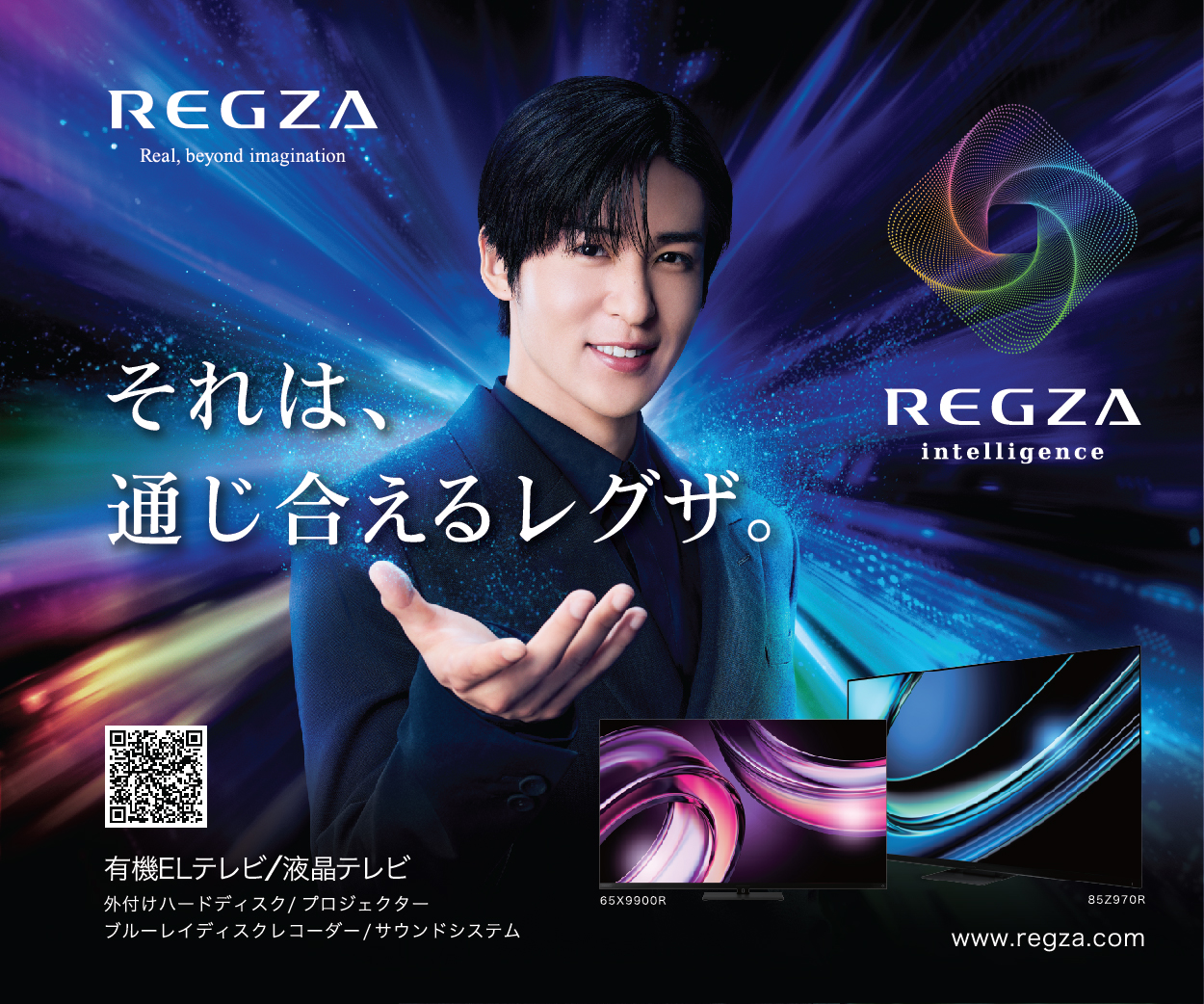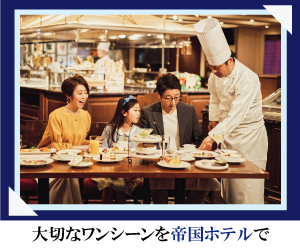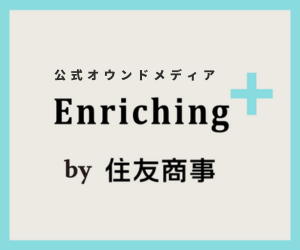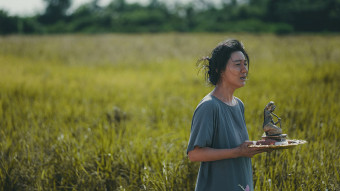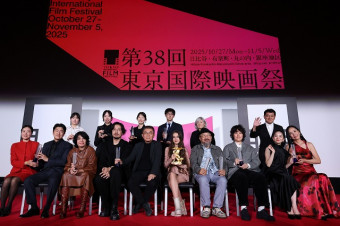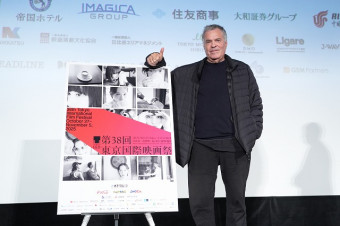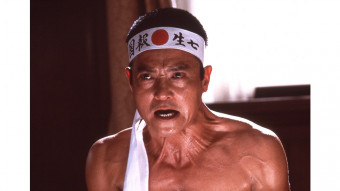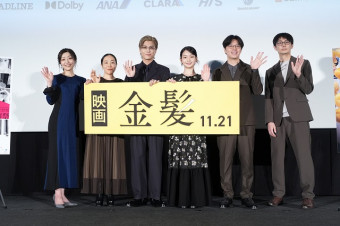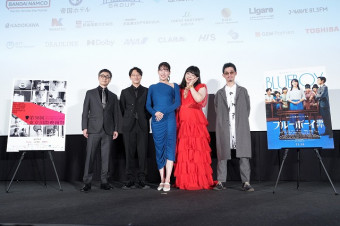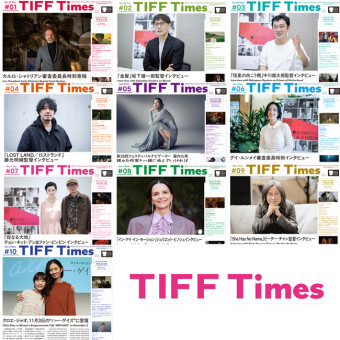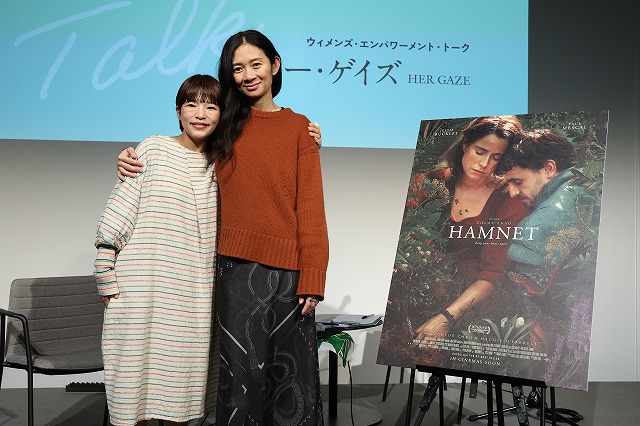
Several hours before she was to receive the Akira Kurosawa Award at the 38th Tokyo International Film Festival, Oscar®-winning director Chloé Zhao picked up a microphone and transfixed a crowd with her words, rather than her images.
Appearing at a November 3 talk in the festival’s Women’s Empowerment section, Zhao shared her candid reflections on topics both personal and professional, from the necessity of creation and destruction, chaos and order, masculine and feminine energy, to the creativity of menstruation, her nurturing role on film sets and the world’s epidemic of loneliness. The talk, co-presented by TIFF and the Tokyo Metropolitan Government, with support by the MPA, was titled Her Gaze, and was organized to allow Zhao to share her “gaze” so as to inspire and empower audience members.
That gaze was so frank and philosophical, Zhao’s every carefully considered comment set heads around the hall to nodding in recognition and agreement.
Moderator Kondo Kanako, a filmmaker and government advisor, opened the session by asking Zhao to discuss her “magic.”
“Magic?” said the filmmaker. “I forgot my wand.” She laughed. “When I was growing up in Beijing, I was obsessed with manga, especially the fantasy genre. But it always made me sad that I couldn’t be like Sailor Moon.”
“Now, I believe in magic. There was a time when those who were extra-sensitive were considered witches. But if you’re sensitive to the natural environment around you, if you’re intuitive, you can find patterns and you can actually work magic. Nature teaches us that life and death, creation and destruction are absolutely necessary for us, which is a lesson we tend to forget.”
Zhao spoke eloquently about her belief in “oneness,” noting that “we’re all part of the same ecosystem, and even a production assistant on a film set is contributing to that system. We’re all part of something bigger. As a leader [on set], I feel like I must be in a listening role to be part of ‘one.’”
She later enthused, “I love being a woman. I was raised in the yin/yang philosophy, and feminine energy is in women as well as men. When we talk about females and males, we sometimes simplify them to gender and then we can’t go deep enough to really understand. Feminine consciousness has been repressed, destroyed, annihilated into the shadows for thousands of years. But patriarchy harms men as much as it harms women.” (Here, male audience nods were particularly vigorous.)
“The difficulty of change [in the film industry] is the lack of feminine consciousness. Masculine energy—structure, production systems, containment—is necessary, but it should account for only 50 percent. Chaos and order are the natural state of our universe, so I try to create a masculine structure that allows me to [include] feminine mystery and chaos.”
Kondo asked her about dealing with the expectations for women – staying young, being beautiful, etc. “How do you manage to keep from losing yourself? How do you stay true to yourself?” she asked.
“Sleep,” said Zhao instantly, as the audience laughed. “I know you don’t sleep much here. Sleeping is like a mini-death [part of the generative cycle]. I work with my dreams. We spend half of our lives dreaming, so I don’t believe that’s an accident. I’m a student of (psychologist) Carl Jung. To keep my mindset, the most important thing is to work with my shadows. In yin/yang terms, your shadows are the part of you that’s most repressed, most feared. When you don’t make your unconscious conscious, you sometimes project that onto the world. Jung would say that your unconscious is guiding your life and you’ll mistake it for fate. Shadow work is extremely important as a storyteller.”
“Self-acceptance is important, too,” she continued. “I tell myself every day ‘I accept you for who and what you are right now.’ And I have to tell you, on most days it’s pretty messy.”
Confessing that she had just started her period that morning, the filmmaker explained that she views every month as four seasons long for a woman, with winter occurring when she has her menstrual cycle. Zhao said that her greatest creativity comes at that time, and she then does her fundraising when she’s ovulating, because it’s the most “hopeful” time of each month.
“Women [have always] come together, listened to each other, nurtured each other, nurtured each other’s children. We are the bedrock of the community. Men need us. It’s like the play ‘Waiting for Godot’ – why are they waiting? Because there are no women!”
As the audience laughter died down, she told them: “The world needs you as a woman, not as a man.”
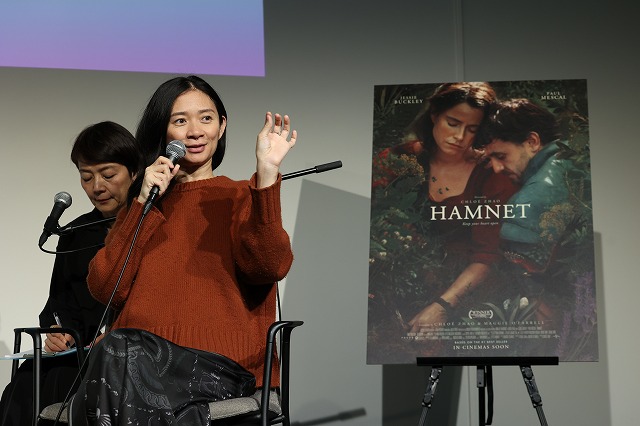
After a short break, Zhao returned with Japanese filmmaker O Mipo, whose own heralded work, including The Light Shines Only There, Japan’s official Oscar® submission in 2015, had suddenly stopped after she became a mother.
O brought the youngest of her two young sons along to the session (he happily played in the area set aside for children), and admitted that she’d stopped making films to focus on her children after they were born. “I wasn’t even sure if I wanted to make another film,” she told Zhao. But then, in 2021, I saw you on TV when you won the Oscar®. I saw your speech and it shocked me — your hair was braided, you were wearing a comfy outfit and white sneakers. I thought, ‘This person is giving a speech in such a relaxed way!’”
“You made me feel like I could actually be myself. It gave me a lot of courage, and I started thinking about making a film again… and after 9 years, I finally made a film again.”
O had long been a fan of Zhao’s work, and noted, “Your wonderful films have dealt with conflicts of identity. I’m a third-generation Zainichi Korean and I often wrestle with my own identity. I haven’t experienced direct prejudice from that, but having been born in Japan, I can’t speak Korean. So I really empathize with your characters. I’m such an admirer of your work and your style. I never thought I’d get a chance to tell you in person, so I’m really honored to be here with you today.”
She also mentioned that she’d been impressed and moved by Zhao’s earlier talk, especially her words about shadows and secrets kept even from ourselves.
“I always had this sense of looking for something,” said O, and maybe that’s why I started making films.”
Said Zhao, “I believe that most of us experience something when we were young that didn’t make us feel safe. So in order to preserve our soul, we hide away a part of ourselves so deep that we’re keeping it safe even from ourselves. Whatever we do for the rest of our life is our unconscious attempt to reunite with that missing piece that was hidden away.”
Turning to more practical filmmaking concerns, O noted, “Filmmaking is a race against time, and you often incorporate a lot of natural light in your films. When the sun’s setting and you still don’t have that last shot, are you always calm like this?”
Responded Zhao, “Love without boundaries is just emotional chaos, so half of the time I’m hopeful and unconditionally loving [on set], the other half I’m the destroyer, like Kali, the Hindu goddess. That’s natural. So I do shout sometimes when making a film. But the loudest voice isn’t necessarily the most powerful. It’s only within the balance of containment and freedom that a child can feel safe. That child is every one of our crew members.”
Finally, Zhao was asked what she feels all good actors have in common. “Lack of vanity,” she immediately replied. “For me, vanity is the greatest killer of authenticity. And authenticity is the greatest gift a performer can give to the world. Their humanness, their scars, what’s really underneath their masks. Frances McDormand said to me that she wasn’t ever going to erase the lines on her face, because every line tells a story. The greatest actors share the fearlessness of being present, and allowing the world to see [inside them].”
Women’s Empowerment
Women’s Empowerment Talk “HER GAZE”
Guests: Chloé Zhao (Director), O Mipo (Director)
Co-hosted by: Tokyo Metropolitan Government
Sponsored by: Motion Picture Association (MPA)
Produced by: Kanako Kondo











